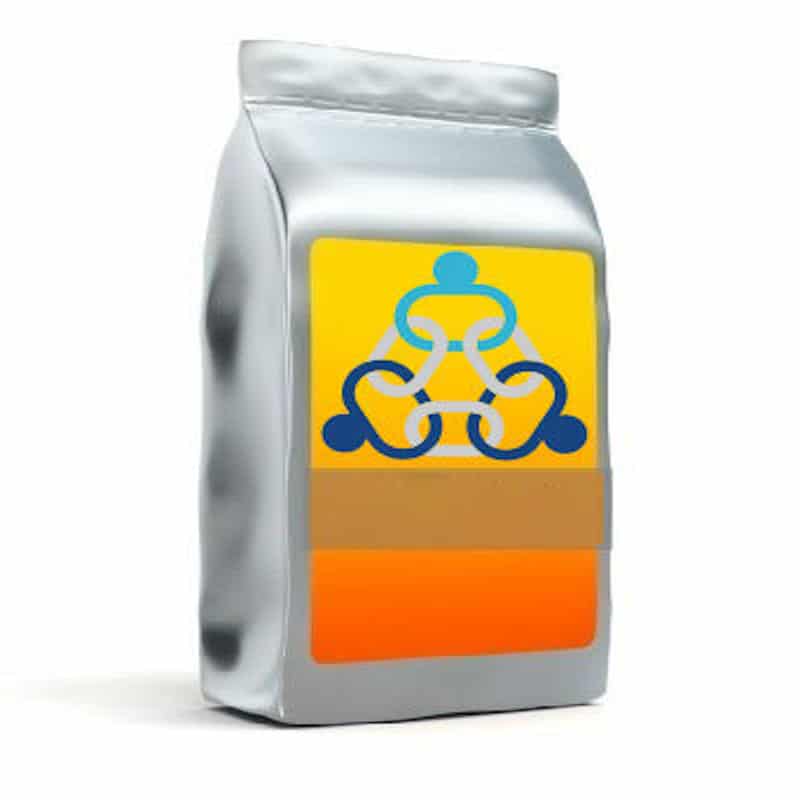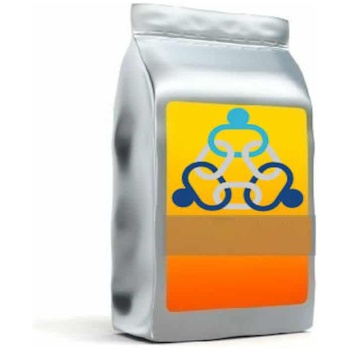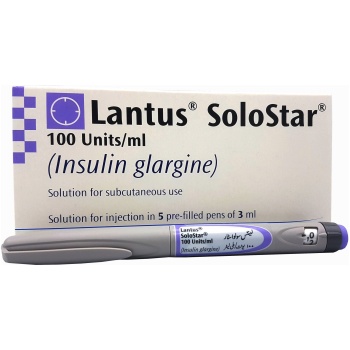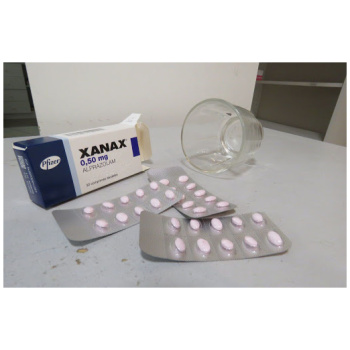Dilaudid 2mg
Hydromorphone is an opioid pain medication. An opioid is sometimes called a narcotic.
Dilaudid 2mg is used to treat moderate to severe pain.
The extended-release form of this medicine is for around-the-clock treatment of moderate to severe pain. This form of Dilaudid 2mg is not for use on an as-needed basis for pain.
Hydromorphone may also be used for purposes not listed in this medication guide.
What is the most important information I should know about hydromorphone?
You should not take hydromorphone if you have severe breathing problems, or a blockage in your stomach or intestines.
Dilaudid 2mg, Hydromorphone can slow or stop your breathing, and may be habit-forming. Use only your prescribed dose, and swallow an extended-release pill whole to avoid a potentially fatal dose. Never share Dilaudid 2mg with another person.
MISUSE OF NARCOTIC MEDICINE CAN CAUSE ADDICTION, OVERDOSE, OR DEATH, especially in a child or other person using the medicine without a prescription.
Dilaudid 2mg, Hydromorphone may cause life-threatening withdrawal symptoms in a newborn if the mother has taken this medicine during pregnancy.
Do not drink alcohol. Dangerous side effects or death could occur.
What should I discuss with my healthcare provider before using Dilaudid 2mg?
You should not take this medicine if you have ever had an allergic reaction to Dilaudid 2mg or other narcotic medicines, or if you have:
- severe asthma or breathing problems;
- a blockage in your stomach or intestines; or
- a bowel obstruction called paralytic ileus.
Do not use Dilaudid 2mg hydromorphone if you have used an MAO inhibitor in the past 14 days. A dangerous drug interaction could occur. MAO inhibitors include isocarboxazid, linezolid, methylene blue injection, phenelzine, rasagiline, selegiline, tranylcypromine, and others.
Some medicines can interact with Dilaudid 2mg and cause a serious condition called serotonin syndrome. Be sure your doctor knows if you also take medicine for depression, mental illness, Parkinson’s disease, migraine headaches, serious infections, or prevention of nausea and vomiting. Ask your doctor before making any changes in how or when you take your medications.
You may not be able to take hydromorphone if you are NOT already being treated with a similar opioid (narcotic) pain medicine and are tolerant to it. Talk with your doctor if you are not sure you are opioid-tolerant.
To make sure hydromorphone is safe for you, tell your doctor if you have:
- any type of breathing problem or lung disease;
- a history of head injury, brain tumor, or seizures;
- a history of drug abuse, alcohol addiction, or mental illness;
- urination problems;
- liver or kidney disease;
- sulfite allergy;
- Addison’s disease or other adrenal gland disorders;
- problems with your gallbladder, pancreas, or thyroid; or
- if you use a sedative like Valium (diazepam, alprazolam, lorazepam, Ativan, Klonopin, Restoril, Tranxene, Versed, Xanax, and others).







